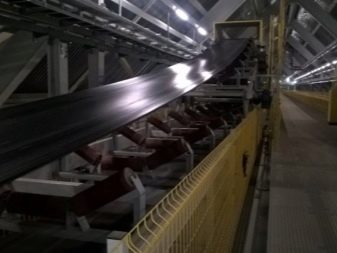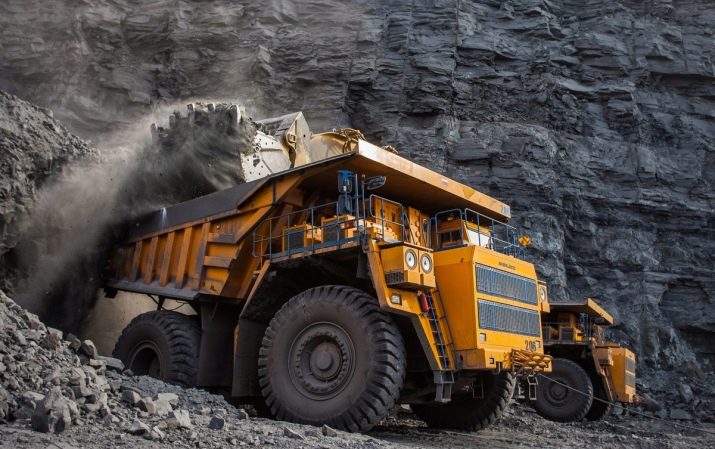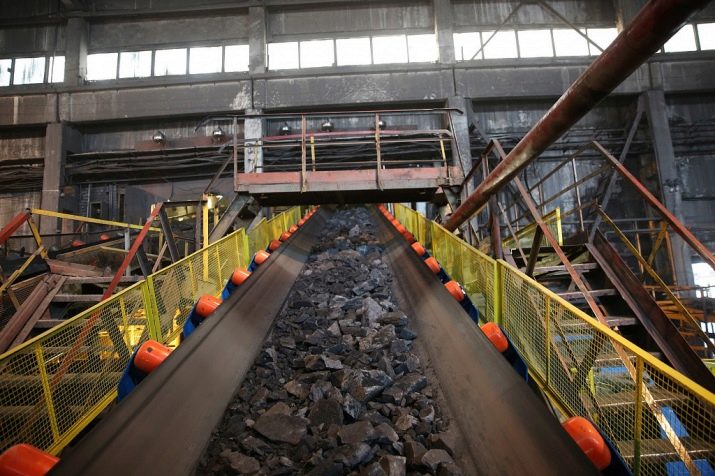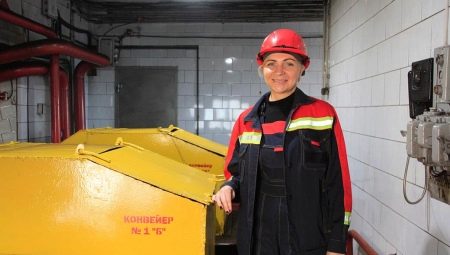Almost everyone knows who such a “simple” driver is. But there are alternative options for this work, not related to the management of rail transport. It is time to learn all about the profession of a conveyor engineer - how it stands out, what duties it imposes, where to study for such a position.
Features
When starting a conversation about the profession of a conveyor engineer, it is worth pointing out that he works not only with a conveyor in the narrow sense of the word. This is an almost universal employee. You will also have to deal with:
- elevators;
- overload trolleys;
- drive stations of conveyor systems;
- augers;
- feeders.
A conveyor operator is a position characteristic, rather, for mining than for an industrial enterprise. Moreover, its role in mining is very large. The scope of activity of this specialist is determined primarily by his rank. The difference may also be related to the type of conveyor systems.
It is also worth considering that sometimes such a professional still works in industry or in other industries.

Responsibilities
It is easiest to find out exactly what the conveyor driver does by ETKS. Everything is described there much more clearly than in the same professional standard. This employee will be busy:
- control of moving mechanisms;
- work with screws, elevators, conveyors and their individual units;
- reversing and switching conveyor systems;
- regulation of the tape and its tensioning devices;
- replacing tape, rollers and other components as necessary;
- elimination of congestion in trays;
- recovery of faulty equipment;
- cleaning conveyors and other related devices;
- building, carrying conveyors;
- monitoring the working condition of conveyor equipment and associated mechanisms.
Even before starting work, the conveyor engineer must make sure that:
- all necessary details are fixed;
- the tape is installed correctly;
- conveyor system parts are not worn;
- belt speed corresponds to the needs of the production site;
- tension drums, gearboxes, electric motors, oil lines are working properly;
- no leakage of lubricating oils;
- loading conveyor line is normal.


Education
When training for the position of conveyor engineer special attention is paid to the purpose and internal structure of the devicesto be serviced, regulated and repaired. You will also have to study all the nuances of determining permissible speeds and downloads. Additionally, attention is paid to:
- sorting and laying out of transported materials;
- location schemes of production equipment;
- causes, manifestations of malfunctions and ways to eliminate them;
- conveyor speed control methods;
- maintenance procedures for conveyor and related equipment;
- varieties of conveyors;
- types of contingencies and the correct reactions when they occur.
Higher education is not required for such a profession. Quite enough even specialized secondary training. Moreover, there are a number of courses where they can prepare an excellent conveyor driver in a relatively short time. It is recommended to check if the educational institution has state accreditation.
Important: it is best to study in regions where there is a developed mining industry.

Workplace
Of course, more often than not the specialist works at an enrichment plant or at a mining and processing plant. The average wage in Russia is 59,000 rubles. The spread is from 41 to 204 thousand. In Moscow, there is little or no chance of employment.
No matter where the conveyor operator works, his workplace must be equipped very carefully. It should store a replacement reserve:
- materials;
- spare parts;
- tools;
- lubricants;
- Supplies;
- equipment for cleaning and tidying up all property.











